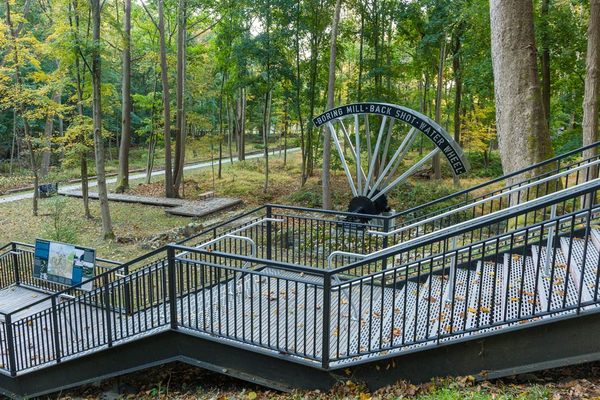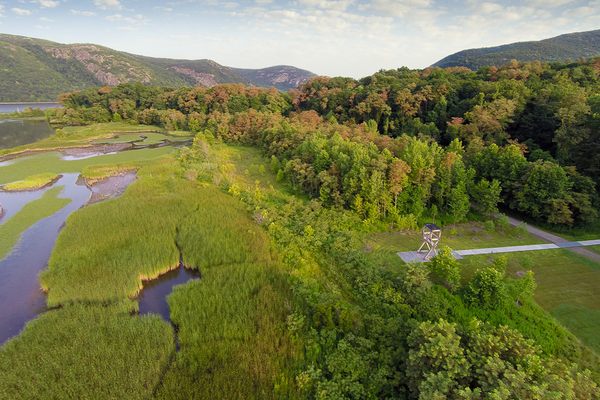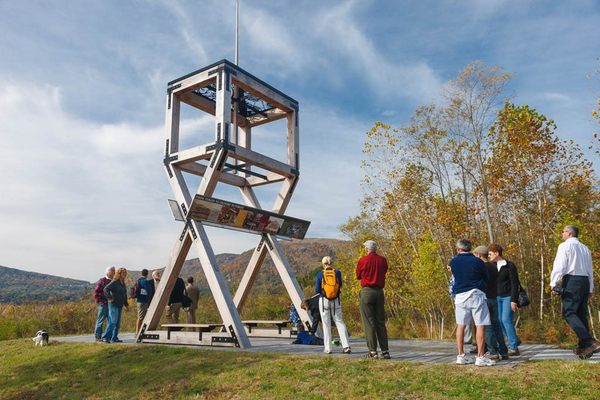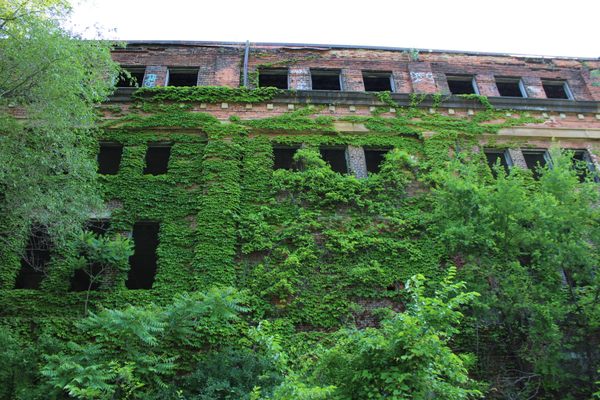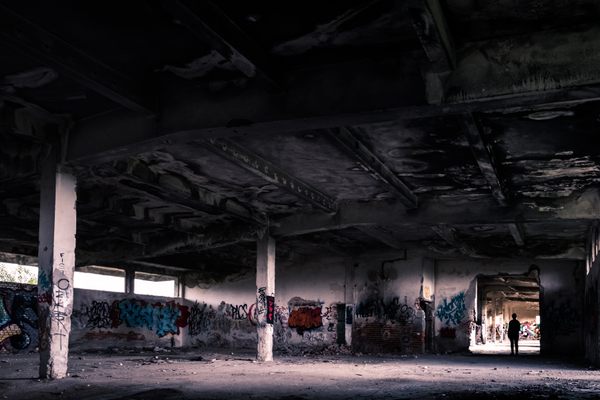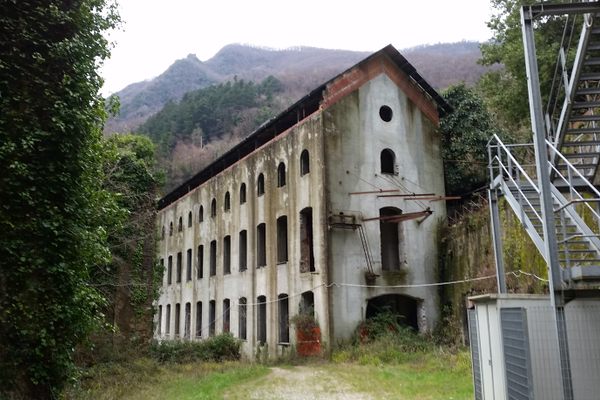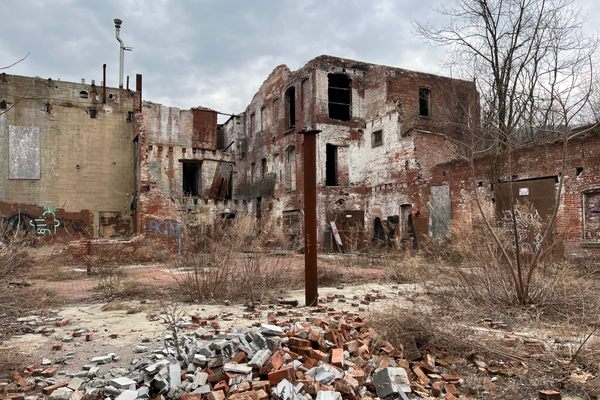About
During the War of 1812, a fledgling United States managed to keep the British at bay. But the victory was far from resounding.
For example, in 1814, the British famously captured and burned Washington, D.C. Throughout the conflict, American units attempting to make moves on Canadian territory were repeatedly rebuffed. Had Britain not been distracted and fatigued by the Napoleonic wars in Europe, things could have gone quite differently.
Once the dust had settled, two things were left immediately apparent to President James Madison. The first was that local militias were insufficient. The United States needed a professional, regular army. The second was that this army needed to be armed. One of the munitions factories that sprung up in response was the West Point Foundry.
The West Point Foundry’s location in Cold Spring, New York was ideal for its purpose. Nearby supplies of iron ore and timber supplied raw material to the ironworks, while water power from nearby Margaret’s Brook could drive heavy machinery. The site’s proximity to the Hudson River streamlined the shipping of finished products, which could be watched over and protected by forces from West Point across the way.
Although the foundry was built to provide military equipment, it also provided several important civilian commodities, like early locomotives and the piping for the New York City water system. In 1843, it manufactured the first iron ship in the United States, the USS Spencer. It reached peak production during the Civil War, when it produced 2,000 cannons and over three million shells. Its productivity was so fearsome that Jules Verne wrote it in as the fictional manufacturer of a cannon capable of launching a spaceship in From the Earth to the Moon.
The rise of steel would undo the West Point Foundry, which eventually closed in 1911. Today, the site of this once-vast industrial complex is located within Scenic Hudson's 87-acre West Point Foundry Preserve, open daily to the public. Trails (including one leading from the Cold Spring Metro-North station) meander through the ruins of its various structures. An on-line mobile tour of the preserve is available at foundrytour.org.
Related Tags
Published
December 8, 2015



